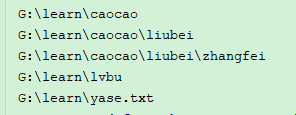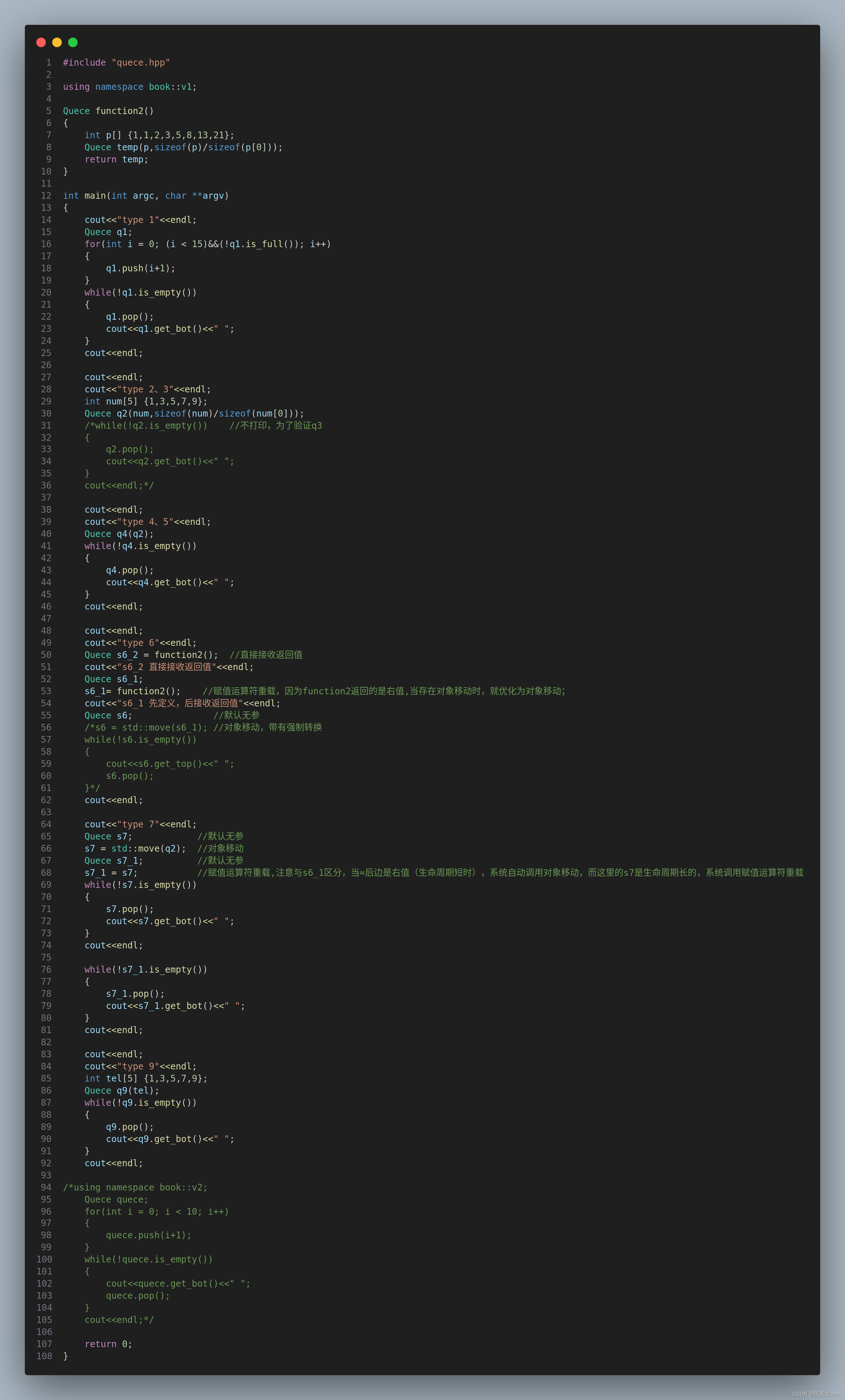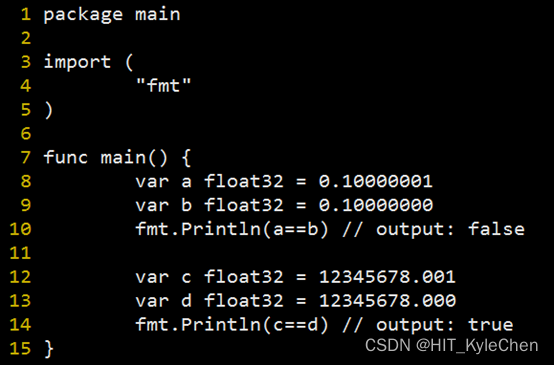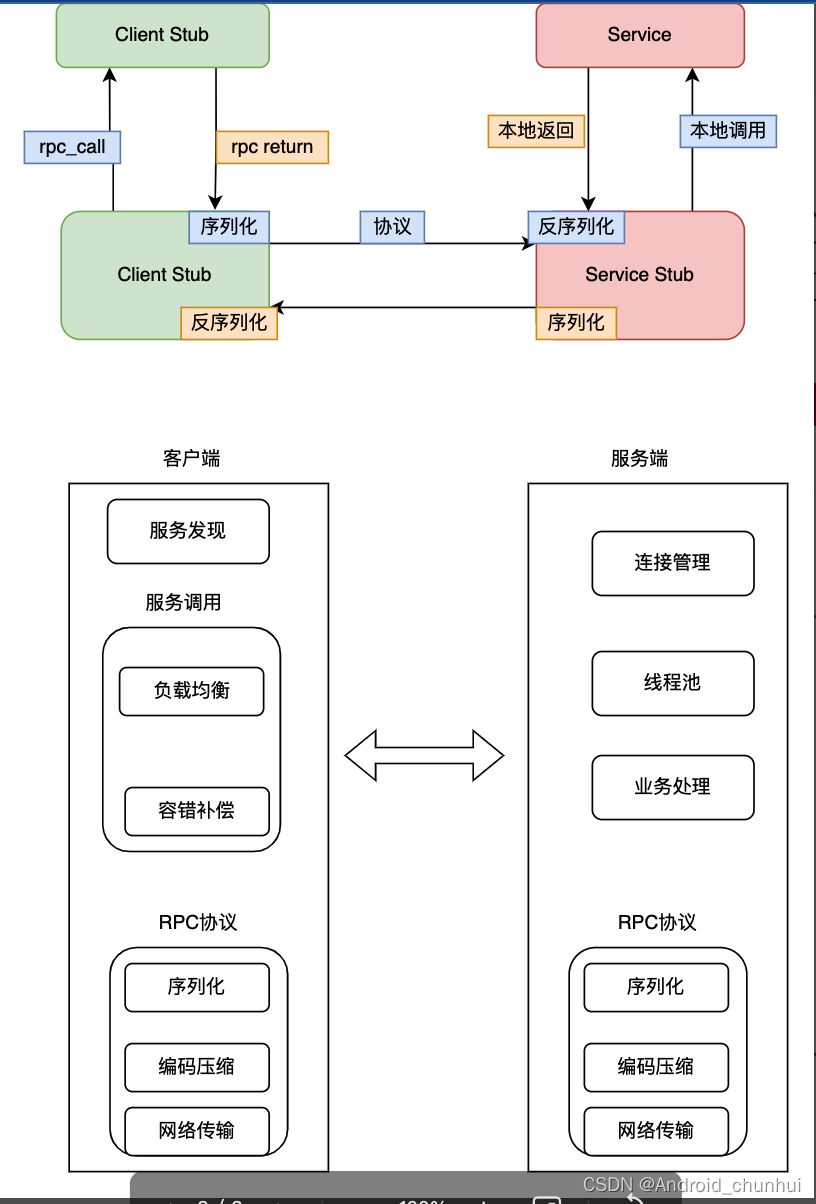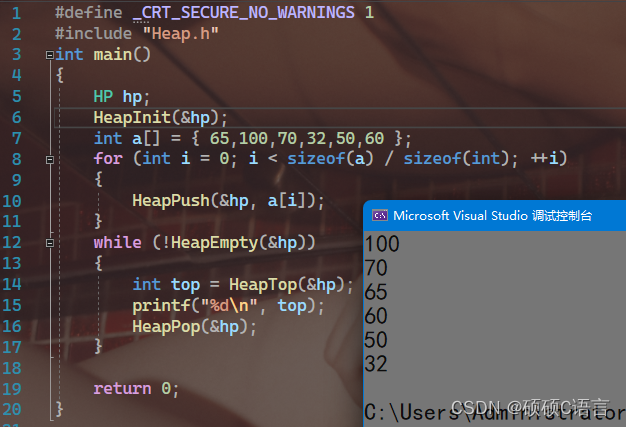1. c++对文件的操作是由文件流类完成的,文件流类在流类与文件间建立连接;
2. 文件流类型
①文件输入流:ifstream
②文件输出流:ofstream
③文件输入/输出流:fstream
3. 语法
①定义文件流类的对象
ifstream ifile; //定义了一个文件输入流对象;
ofstream ofile; //定义了一个文件输出流对象;
fstream iofile; //定义了一个文件输出/输入流对象;②文件的打开方式
ifstream → ios::in
ofstream → ios::out|ios::trunc
fstream → ios::in|ios::out|ios::app ③文件打开示例
ifstream ifs("xxx.txt", ios::in);
if(!ifs)
{cout<<"open error ifs"<<endl;
}ofstream ofs("yyy.txt",ios::out|ios::app)
if(!ofs)
{cout<<"open error ofs"<<endl;
}fstream fs("zzz.txt",ios::in|ios::out|ios::trunc)
if(!fs)
{cout<<"open fs error"<<endl;
}4. 文件中get()与getline()两个成员函数之间的区别
①get()遇到设置的终止符会停止,且不会从流中提取终止符,也不会越过终止符;
②getline()则会越过终止符(例如‘\n’),但是仍然不会把它放到缓冲区,比如在文件拷贝过程中设置了终止符是'\n',那么则需要在每次写入后在写入一个‘\n’;
5. 其他一些函数
①ignore():用于跳过流中的n个字符,或者遇到结束字符位置;
②int peek():窥视最近一次移动的指针,即向后看一下下一个字符是什么;实际并不改变文件读写位置;
③putback(char c):将字符c插入到当前的指针位置;
④close():成员函数,用来关闭文件;
6. 随机读写函数,即随机移动文件指针,下文有示例
tellg() //返回当前指针位置,输入流操作
seekg(绝对位置) //输入数值,进行绝对移动
seekg(相对位置,参照位置) //相对于参照位置进行移动
seekp(绝对位置) //输入数值,进行绝对移动
seekp(相对位置,参照位置) //相对于参照位置进行移动
tellp(); //返回当前指针位置,输出流操作//参照位置的三种方式:
ios::beg //相对于文件头
ios::cur //相对于当前位置
ios::end //相对于文件尾#include <iostream>
#include <fstream>
#include <cassert>using namespace std;int main(int argc, char **argv)
{fstream fs(argv[1], ios::in | ios::out | ios::trunc);assert(fs);char buf[100];fs<<"aabbccdd";fs.seekg(0,ios::beg); //将文件指针定位在开头fs>>buf;cout<<"buf : "<<buf<<endl;return 0;
}7. 文件拷贝程序,两个版本,分别是file.get()、file.getline();
file.get():
#include <iostream>
#include <fstream>
#include <stdlib.h>
#include <string.h>using namespace std;int main(int argc, char ** argv)
{fstream from_file(argv[1],ios::in);if(!from_file){cout<<"open from_file failed"<<endl;exit(-1);}fstream to_file(argv[2],ios::out|ios::trunc);if(!to_file){cout<<"open to_file failed"<<endl;exit(-1);}char buf[1024];while(!from_file.eof()){memset(buf,0,sizeof(buf));from_file.get(buf,1024,'\n');to_file.write(buf,strlen(buf));while(from_file.peek() == '\n') //因为get()不会跳过终止符{to_file << '\n';from_file.ignore();}}from_file.close();to_file.close();return 0;
}file.getline():
#include <iostream>
#include <fstream>
#include <stdlib.h>
#include <string.h>
#include <cassert>using namespace std;int main(int argc, char **argv)
{ifstream in_file(argv[1],ios::in);assert(in_file);ofstream out_file(argv[2],ios::out|ios::trunc);assert(out_file);char buf[1024];while(!(in_file.eof())) //file.eof代表文件尾{memset(buf,0,sizeof(buf));in_file.getline(buf,sizeof(buf),'\n'); //getline会跳过终止符out_file.write(buf,strlen(buf));out_file<<'\n'; //每次补充一个\n进去;}in_file.close();out_file.close();return 0;
}